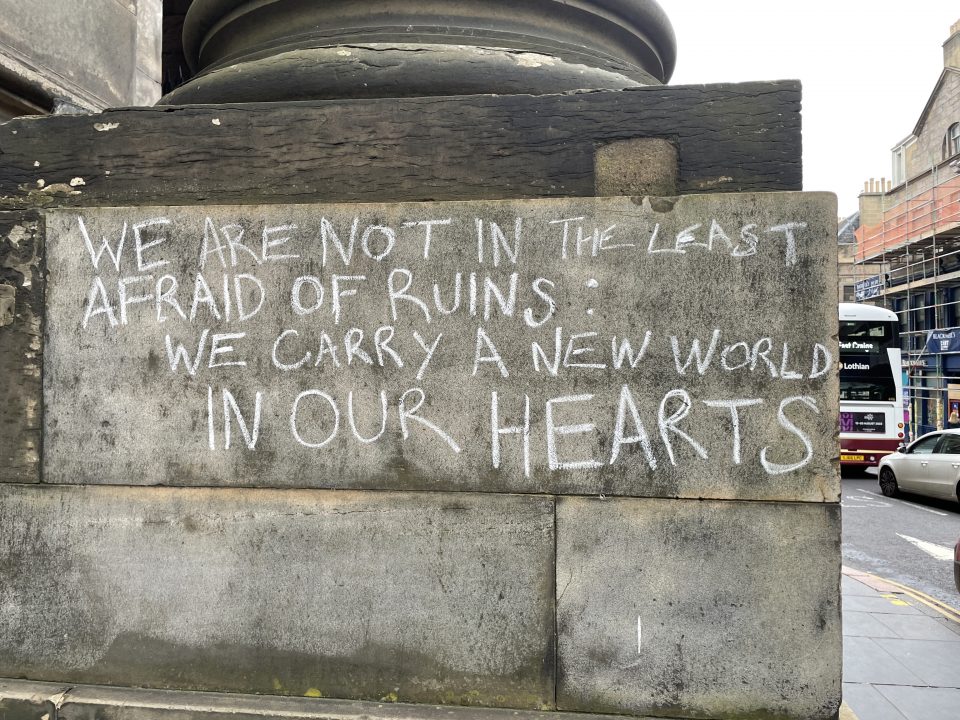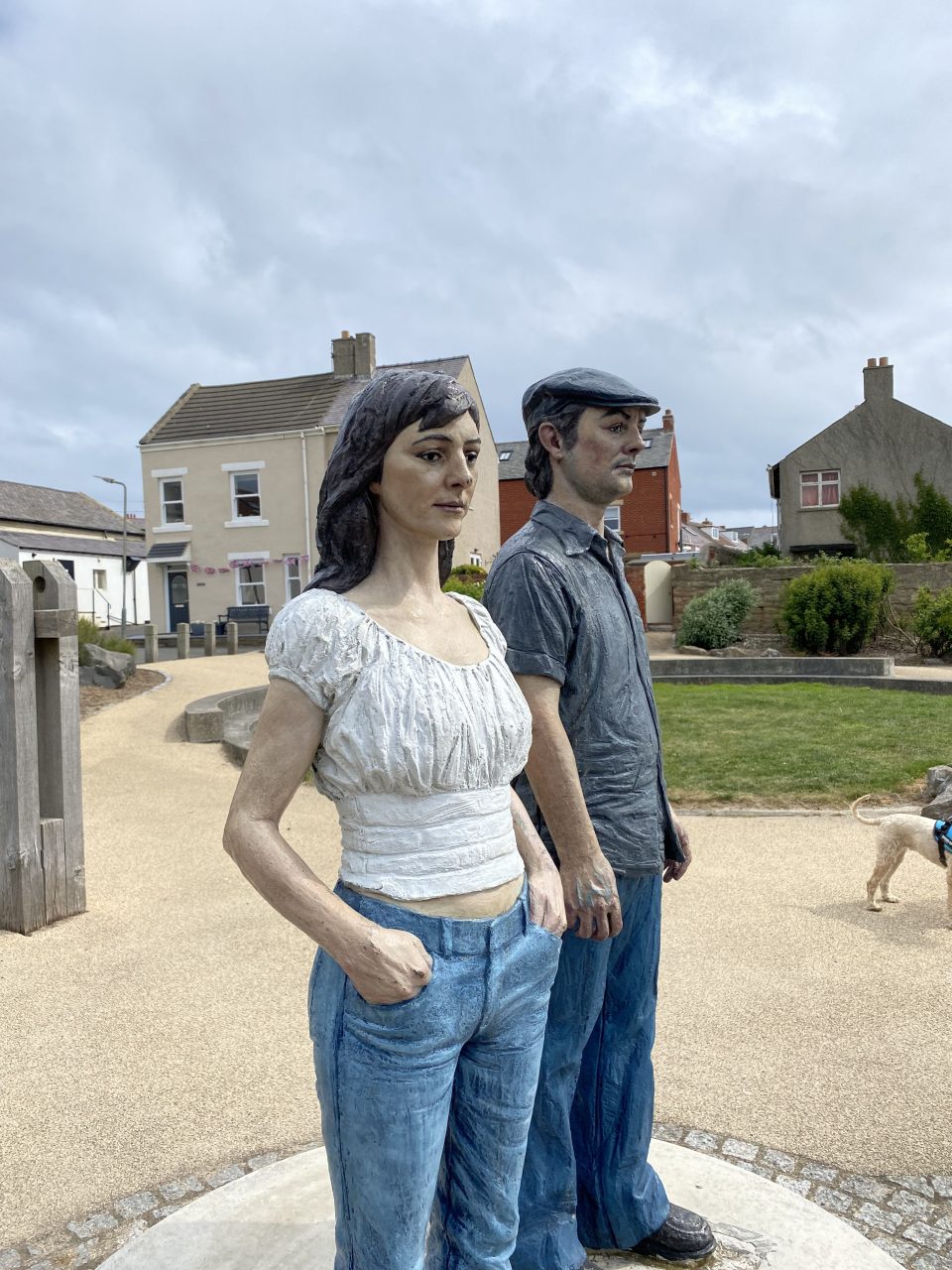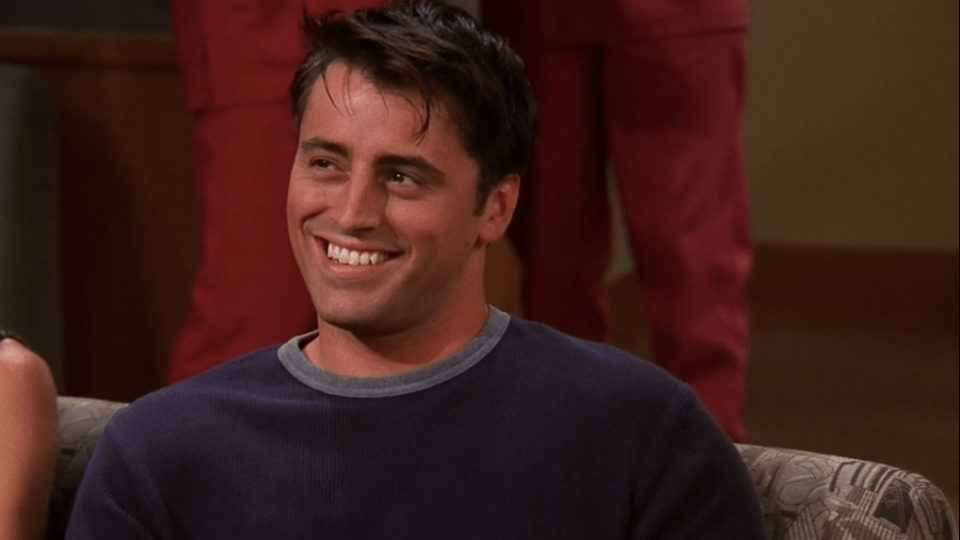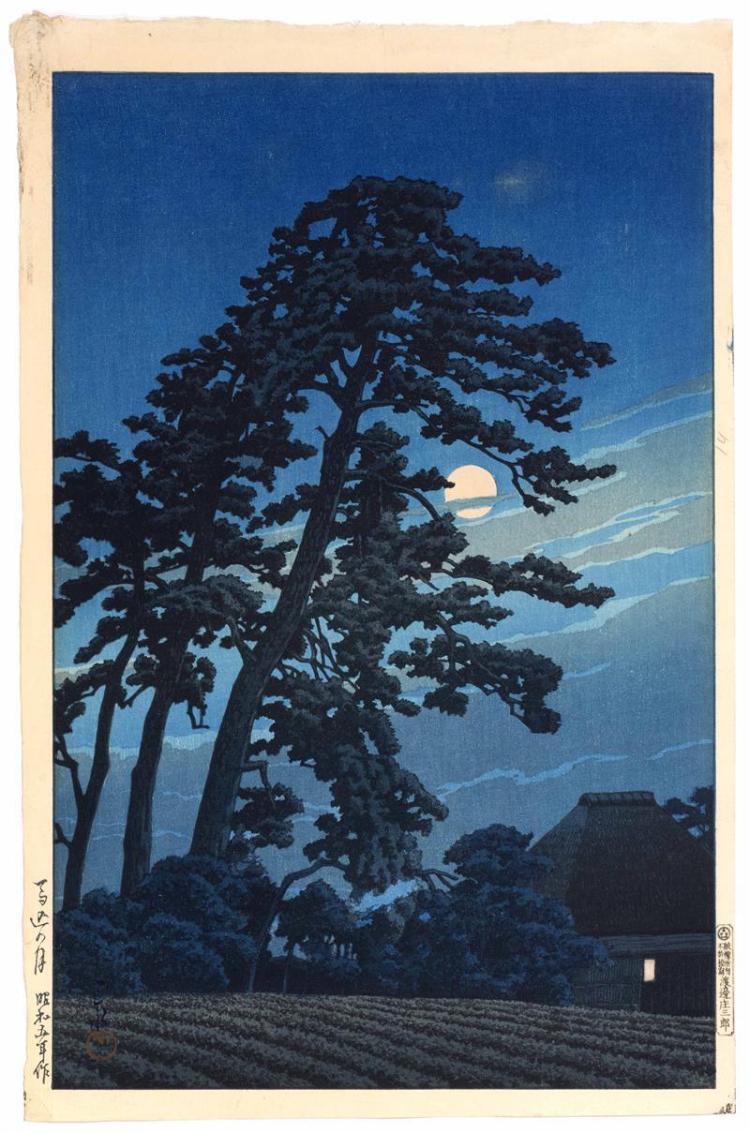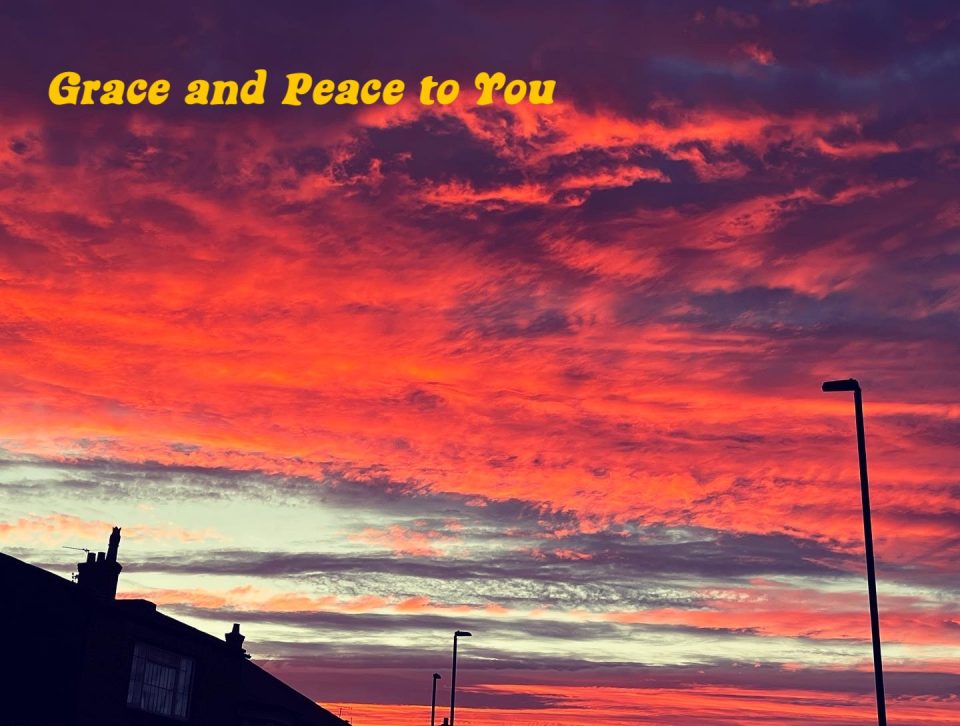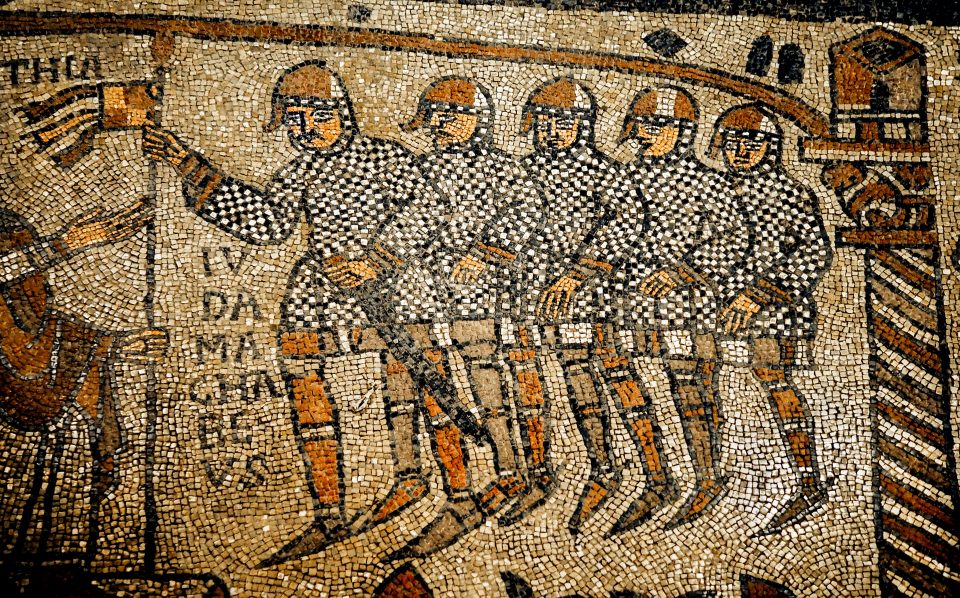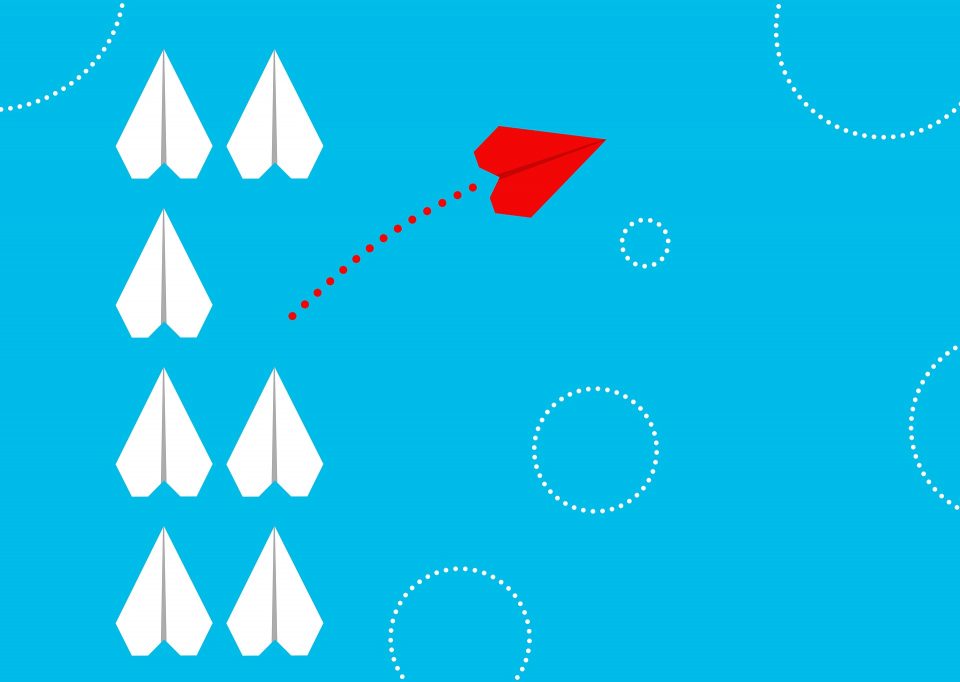In August Rob and I made a flying visit to Edinburg to do some “work” at the fringe with the Methodist church. Our job was to pay attention! A simple task. Well! If you have been to the fringe you will know it is an assault on the senses. Posters, flyers, people, entertainment, jugglers, comedians, musicals, giveaways, noise and so …
Finding God in the Horizontal
I find myself taking a lot of photos of the beach, the Sea and the sky. I like the horizontal lines, and I like them to have order. Sea and sky meet in the middle of the photos as a central horizonal divide. If the beach is involved, then I like things in thirds – thank you very much. Which …
How You Doing?
Now if you have watched Friends you will know that Joey’s chat upline is the title of this blog. And if you do know how Joey says “How you doing?” your brain may have just read the tile using Joey’s voice and if not you may have just it now haha. So where are we going with this weeks blog, …
Sky and the human condition
Hi folks, I hope you are doing ok, this week we will be meeting at Pauline garden at 7.30. If you want to be included then please do let David know, so he can monitor numbers and let you know the address and if you need any further help to get there. This week I want to build on a …
Wisdom and Nature
Hi folks I hope you are doing ok, this week we will be at the Crescent Club in the upstairs bar at 7.30, we hope you can join us! I have found our series on the bible interesting and challenging in equal measure, one of the things that has struck me has been this whole area of wisdom. It seems …
Grace and Peace to You
Hi folks, we are meeting at the Crescent club in the upstairs front bar at 7.30pm, we hope to see you there. This weeks blog is written by Sue. Well, here we are sliding into the last chapter of the book ‘How the Bible works’… I say sliding into the last chapter as it has not been an easy read. …
Figuring it out.
Hi folks, I hope you are well! This week we are meeting at the Crescent Club at 7.30pm in the front bar upstairs, we hope you can join us. This week we are back thinking about the bible, with just one more chapter of the book left. We hope you have found the blogs based on the book helpful and insightful, I know they have helped me …
Let’s talk about the Maccabees!
I read this chapter and thought it was a bit unfair for me to go through all Pete unpacks and then not be there to join in the discussion (I am at a wedding). If you have read the chapter you will know it is focussed on the resurrection and how this event caused the gospel writers and even more …
Re-imagining God the Jesus way
Hi folks, I hope you are doing ok, we are meeting on Sunday night at 7.3o for our gathering in the upstairs front bar, you would be very welcome to join us. We have had a bit of a break from the book we have been looking at so it is time to dive back into it, this week the …
Who owns the Pond?
This weeks blog comes a friend of ours called Tracey Hume who is a deacon in the Methodist Church and currently works as the Newcastle Methodist District’s Community Engagement Enabler. She has also been pivotal in setting up a Poverty and Truth Commission in Gateshead. We all know that the cost of living is going up. Fuel bills, cost of …
